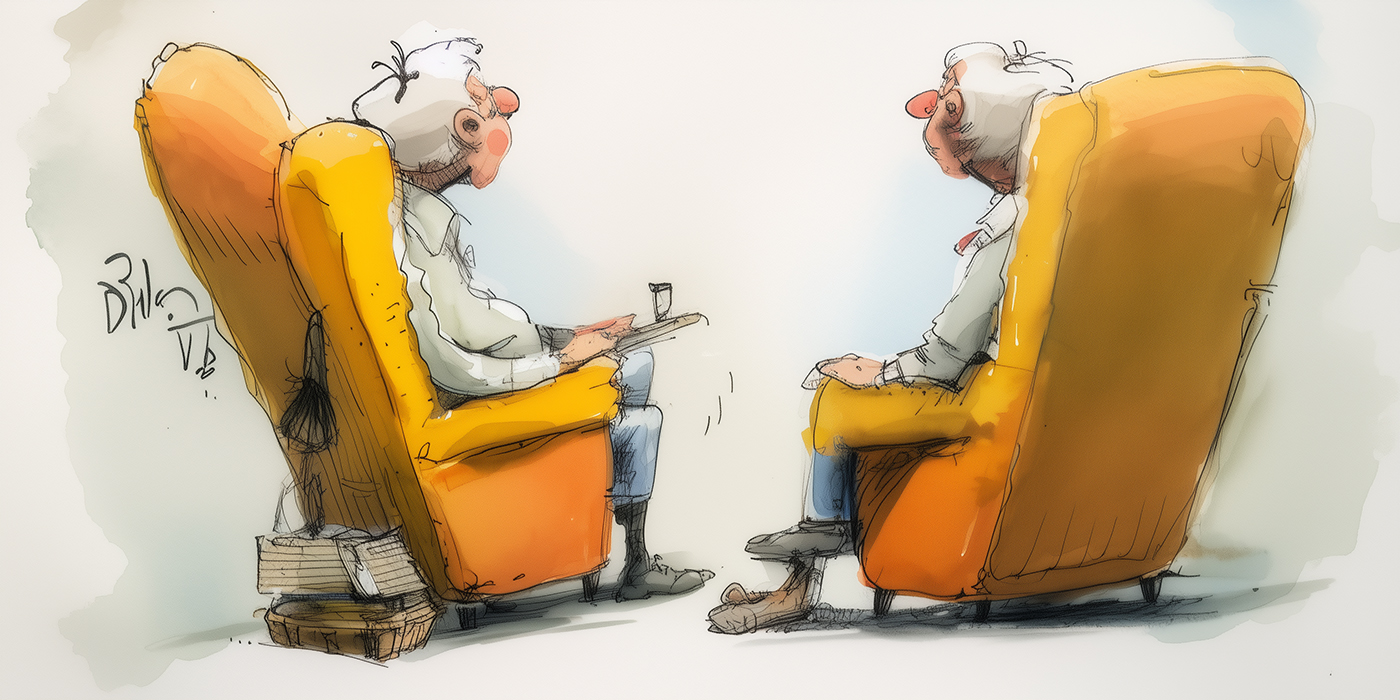
Outreach to Professionals, Part One
“He will show you how to create the fellowship you crave.”
My name is Levi and I’m a recovering sexaholic in central Nebraska in the USA. I have been sexually sober since July 20, 2017.
I am a sexaholic of the hopeless variety. Prior to SA, I tried all sorts of religious exercises, accountability, internet filters and therapy. These helped me stop many times, but I could never stay stopped. I attended my first meeting in late July 2017. The closest meeting was in a community around an hour away. The meetings in a city two hours away use a conference call line so people can attendtelephone conference line so that people can participate remotely. I started calling into those as well. I was making connections outside of the meeting by calling sober members in both of these fellowships.
I got a sponsor at my first retreat when I was about 30 days sober. He suggested I get a Big Book, so I went to the local 12-step meeting house. I started attending open AA meetings to supplement my phone meetings. I remember my hair standing up on the back of my neck, sitting in those in-person meetings, listening to their miracles of recovery.
Around the time I gave away my first step in my sponsor’s home group, I asked him how long I had to be sober to start a meeting where I live. He said I could start any time. I knew from the example of the sober members and from the literature that a way to get that started was to reach out to clergy and helping professionals. I want to share the steps I took.
First, I gave my religious leader and my therapist permission to refer folks to me.
Next, I started outreach to local clergy. There is a medium-sized university in my community, so I included campus ministries in this. I used the local newspaper and internet searches to make a list of churches and clergy. I called each church, asking for clergy by namefor the clergy by name, if possible. I would ask if there were people in their community who struggled with sexual addiction. Sometimes they would be a little shocked at the directness of this question. While they were gasping, I would give my first name and tell them that I was a member of a 12-Sstep fellowship for people with sexual addiction and I was looking for others to help. The response I got was generally very supportive. Frequent questions would include SA’s approach to spirituality. (The recent SA pamphlet “Members of the Clergy Ask About Sexaholics Anonymous” would be helpful to answer their questions.) If they were interested in receiving more information, I would follow up with an email from an anonymous email I set up for the group. In the email, I would include the international and intergroup website address, information on local meetings, my personal cell phone number and permission to share
this information with anyone who needs it. I always emphasized that helping others was an important part of my recovery.
Interspersed with the area clergy, I did the same thing with therapists in my community. I found these through internet searches. I found that therapists with “addiction” in their descriptions have been the most supportive. I did my best to answer their questions. Oftentimes, they are familiar with AA, and explaining that SA is closely based on AA will be helpful for them. (The pamphlet “SA as a Resource for the Health & Helping Professional” would be a good resource for this.) If they were interested in receiving more information, I followed up with an email similar to the one I would send clergy, emphasizing that helping others was an important part of my recovery.
At first, I was simply carrying the message to professionals and asking them to refer individuals to me with the goal of starting a local meeting. By this time, I had twelfth- stepped my next-door neighbor and was meeting with him on my front porch. Within a month or two of starting outreach work with professionals, a pastor offered us a space to start a meeting. Our first meeting was on the first Thursday evening of November 2017.
“The mission of the Support for Institutions and Professionals Committee is to carry the message of recovery from sexaholism to hospitals, treatment centers, and helping professionals. We facilitate meetings, distribute SA-approved multimedia materials, and serve as a hub to connect local SA groups with the professional community.”
Check back for more in the next issue!
Levi H., Nebraska, USA






